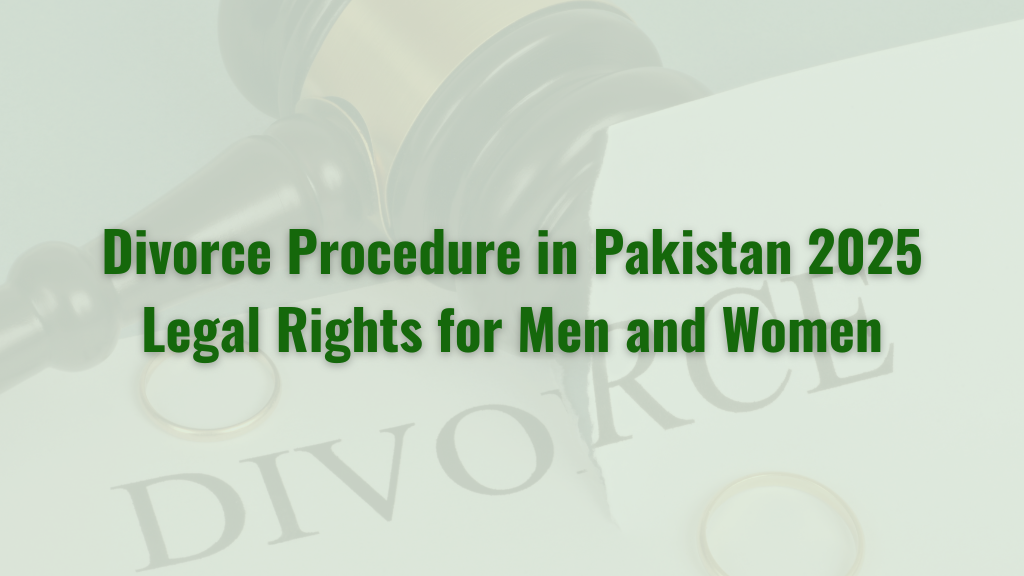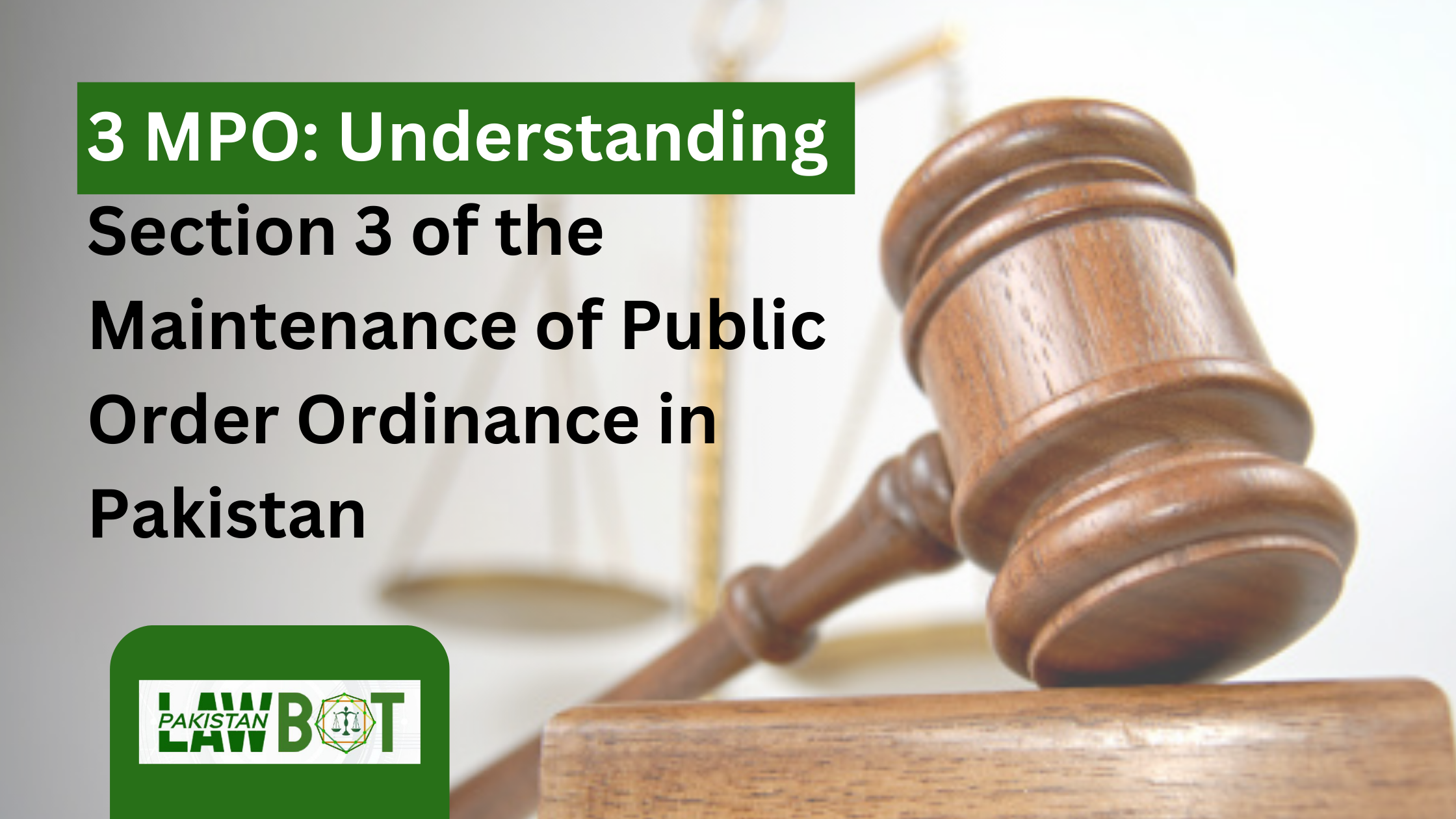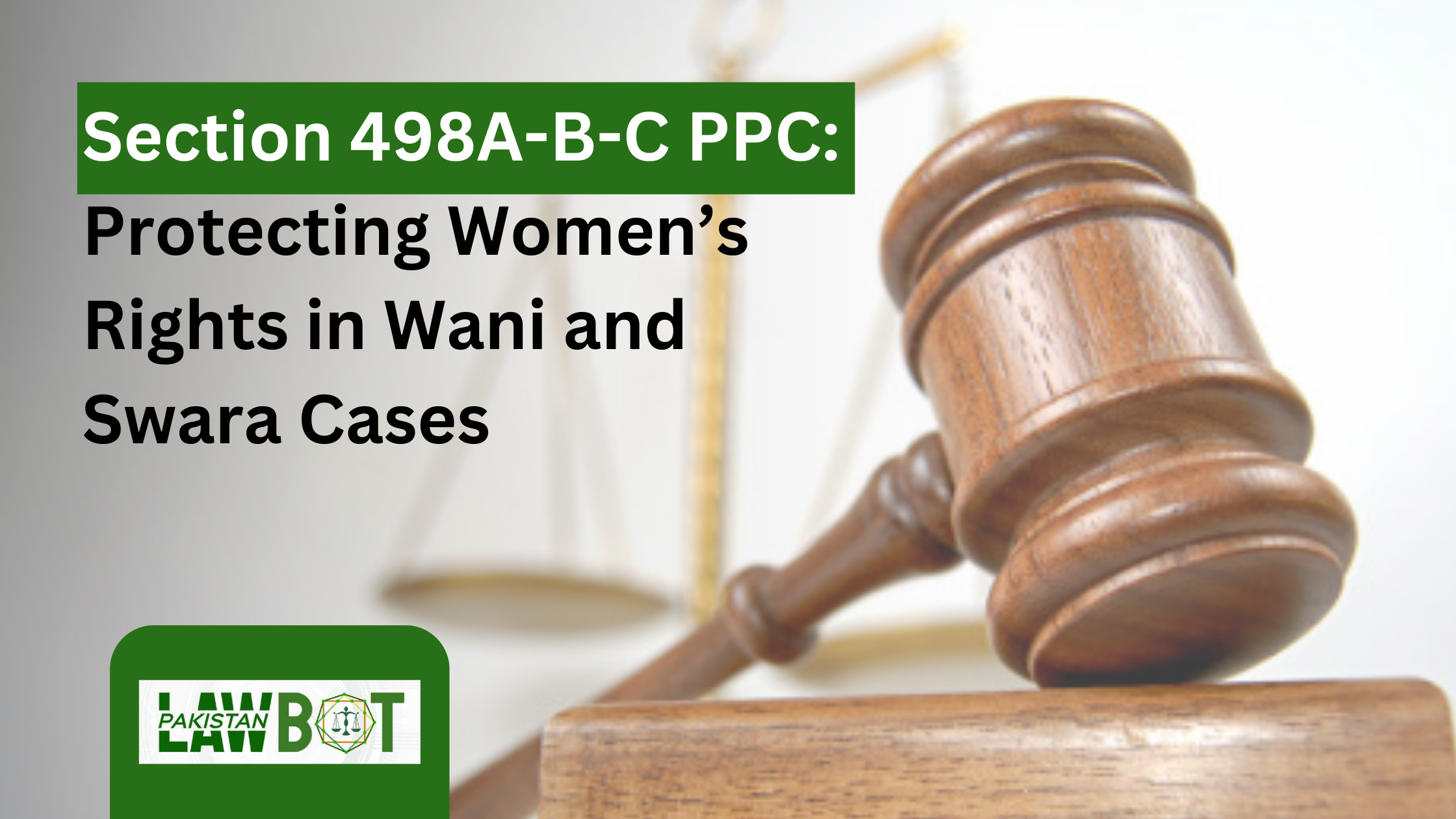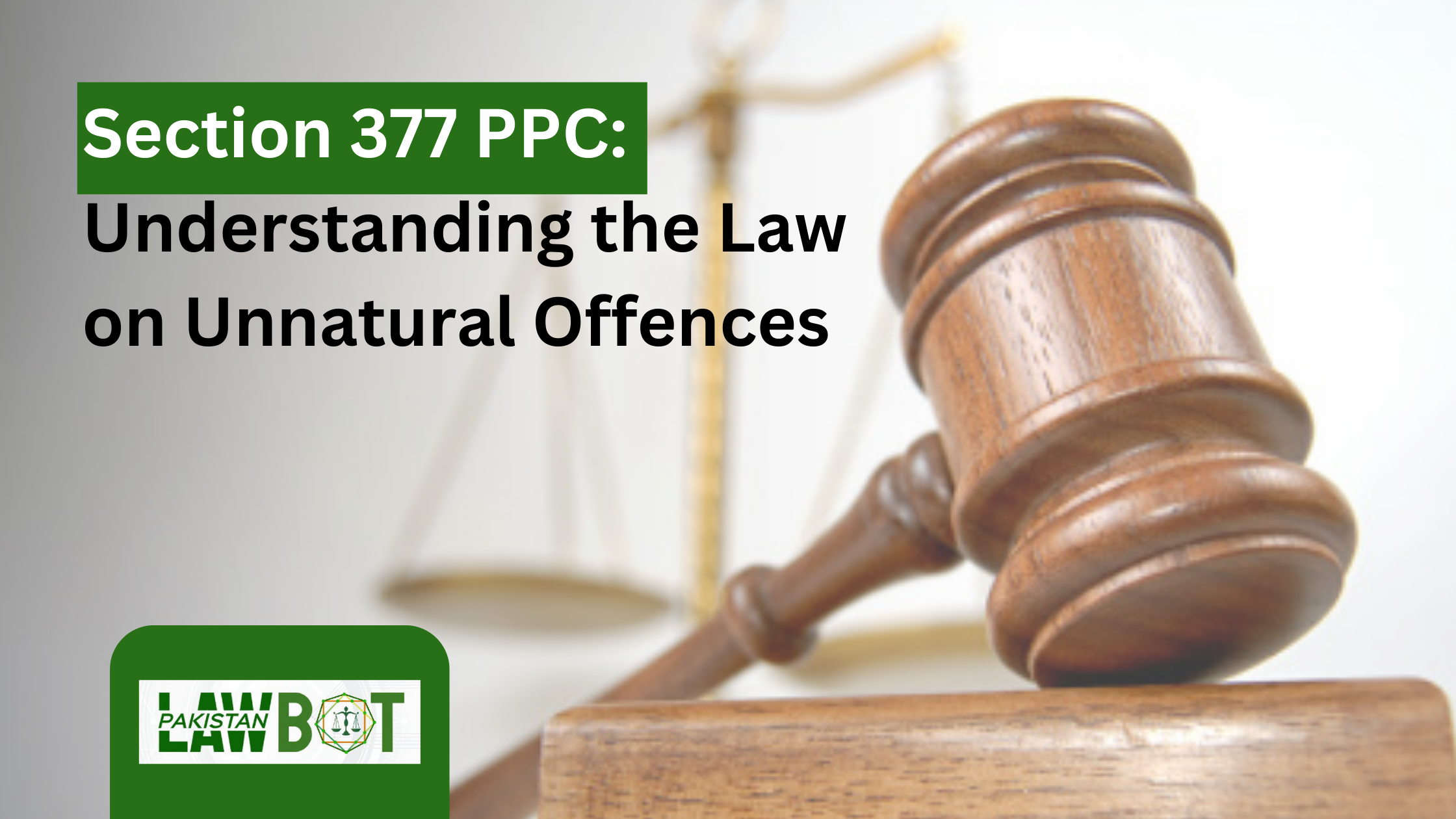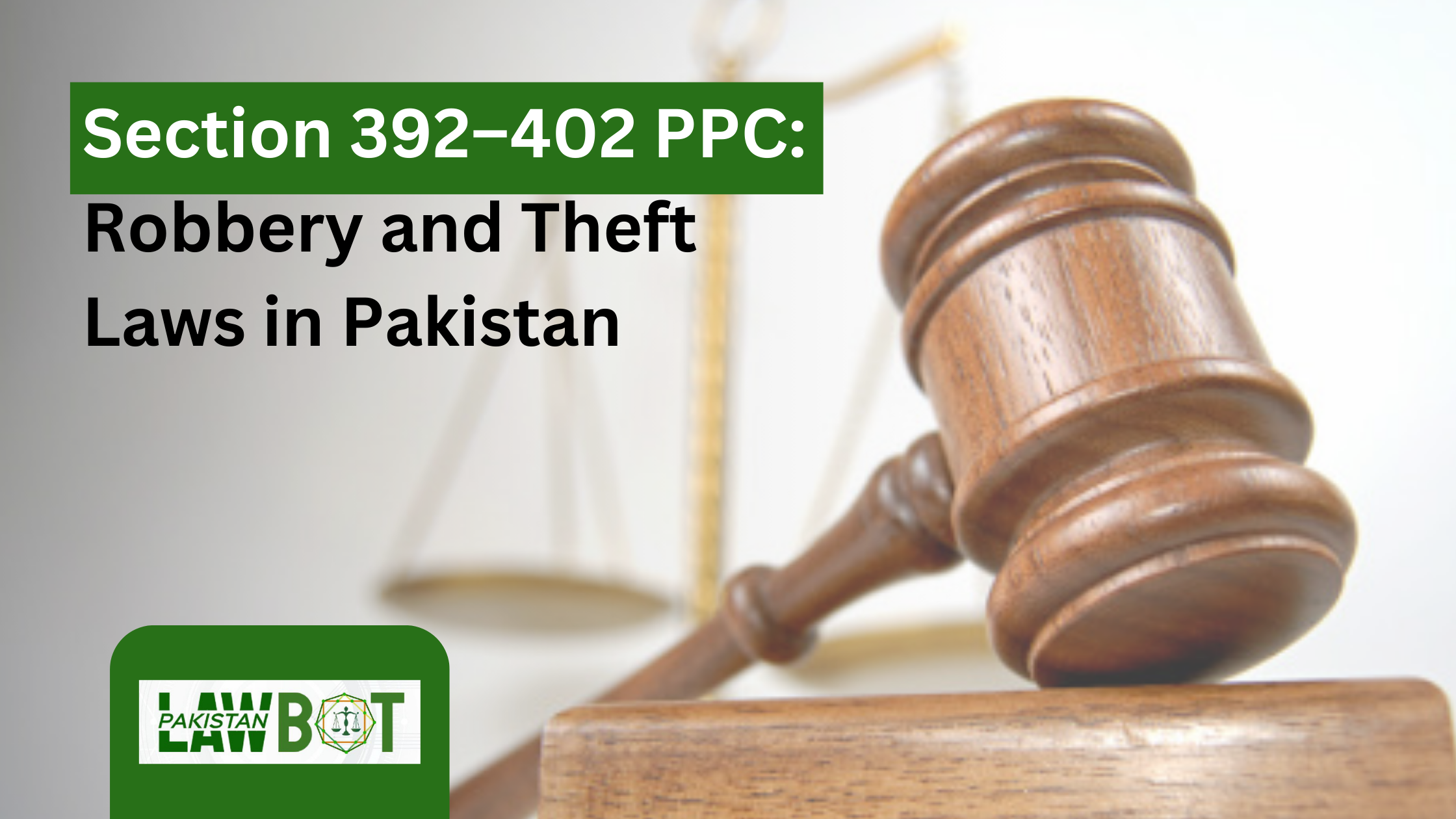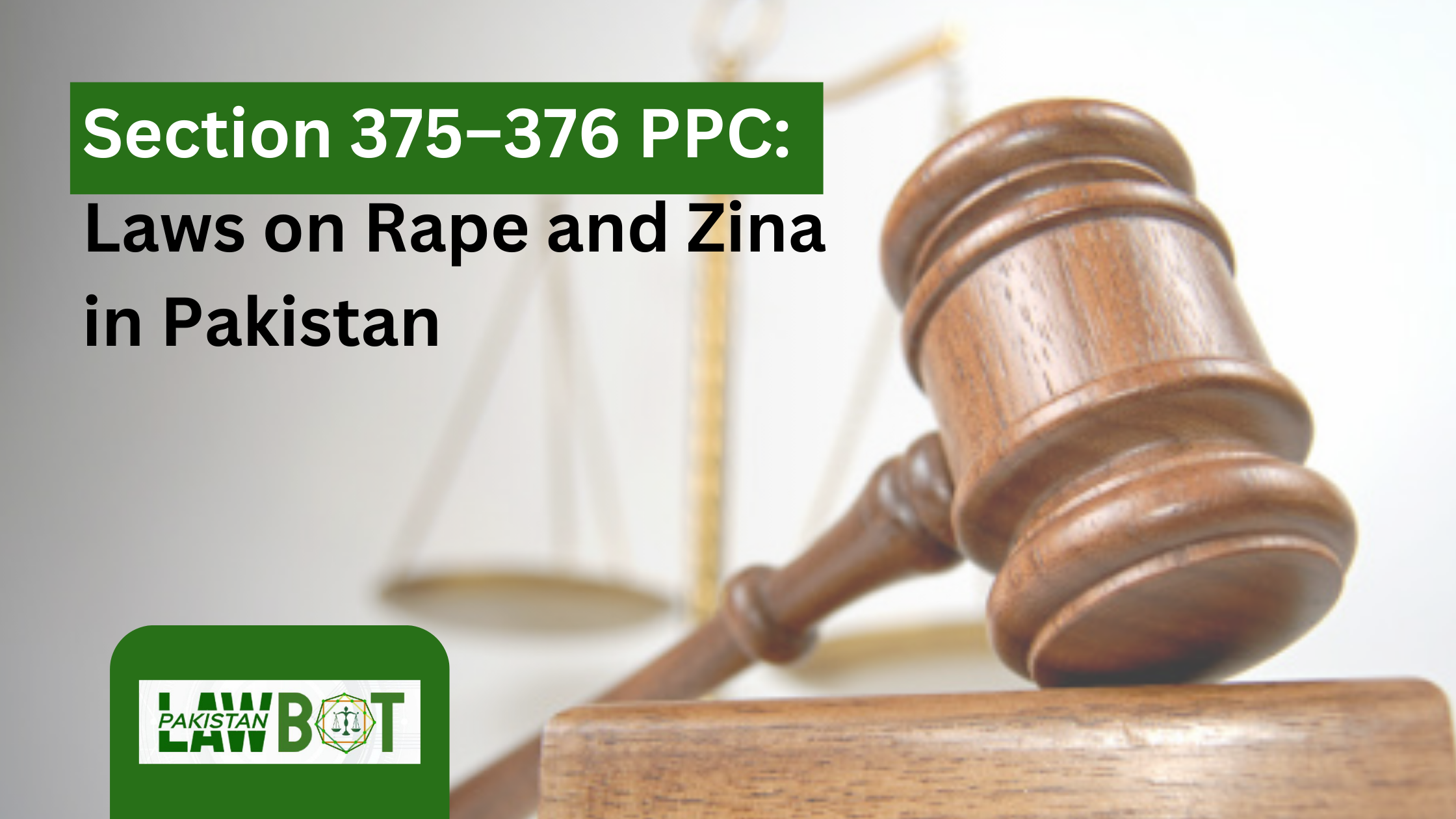Divorce is not just a legal event—it’s a personal and emotional journey. In Pakistan, this journey must follow a specific legal framework guided by Islamic principles and civil law. As of 2025, the process still operates under the Muslim Family Laws Ordinance, 1961, but with growing emphasis on rights protection for both spouses.
This article provides a clear and current guide on how divorce works in Pakistan. It outlines legal procedures, explains spousal rights, and highlights the critical role of family courts.
Understanding Divorce Under Pakistani Law
In Pakistan, both marriage and divorce fall under Islamic teachings. However, civil legislation shapes how these are implemented legally. For Muslim couples, the most common form of divorce is Talaq, initiated by the husband. In contrast, women can pursue Khula through the court system.
These laws are designed to uphold both religious obligations and the state’s duty to protect the vulnerable.
Types of Divorce in Pakistan
Understanding your options can help you make better decisions during difficult times. In Pakistan, three primary forms of divorce are recognized:
1. Talaq (Divorce by Husband)
Talaq gives a husband the right to initiate divorce. According to Section 7 of the Muslim Family Laws Ordinance:
-
The husband must pronounce the divorce, verbally or in writing.
-
He must send a written notice to the local Union Council.
-
The Union Council forms an Arbitration Council to try reconciliation.
-
If reconciliation fails after 90 days, the divorce becomes effective.
2. Khula (Divorce by Wife through Court)
Women can also end a marriage, but through the court:
-
The wife files a family suit in Family Court.
-
She may cite reasons such as abuse, non-maintenance, or incompatibility.
-
The court attempts reconciliation.
-
If efforts fail, the court grants Khula.
-
The wife usually returns her Haq Mehr (dower), fully or partially.
3. Mubarat (Mutual Divorce)
This form involves mutual consent:
-
Both spouses agree to separate.
-
They sign a written agreement.
-
A notice is sent to the Union Council.
-
After 90 days, the divorce is finalized.
Divorce Procedure for Men in 2025
Step-by-Step Guide to Talaq
Pronounce Talaq
The husband must state his intention to divorce in clear terms.
Notify the Union Council
He sends a written notice of the divorce along with a copy to his wife.
Arbitration Council Formation
Within seven days, the Union Council forms a reconciliation panel.
90-Day Waiting Period
Reconciliation efforts occur during this time. If unsuccessful, divorce is confirmed.
Divorce Registration
Once 90 days pass, the Union Council issues a divorce certificate.
⚠️ Important: A divorce without notifying the Union Council has no legal value, even if verbally declared.
Divorce Procedure for Women in 2025
Legal Steps for Khula
File a Suit in Family Court
The wife submits an application stating valid grounds for separation.
Participate in Court Hearings
The court sends notices and schedules hearings.
Reconciliation Attempts
Courts are required to attempt reconciliation before issuing Khula.
Notify the Union Council
Once the decree is granted, it must be sent to the Union Council.
Finalize the Divorce
The Union Council finalizes the divorce after 90 days and issues a certificate.
🔒 Note: Khula is not automatic—it always requires court approval.
Legal Rights of Men After Divorce
Although men can initiate divorce, they must still meet several responsibilities:
1. Financial Responsibilities
-
During the Iddat period, the husband must support his former wife.
-
If children are involved, he must cover their living expenses and education.
2. Custody and Visitation
-
Usually, custody goes to the mother, but fathers retain visitation rights.
-
Fathers may seek custody if the mother is unfit or remarries in specific cases.
Legal Rights of Women After Divorce
Pakistan’s legal system offers several safeguards for women:
1. Haq Mehr (Dower)
-
Haq Mehr is her legal entitlement. If unpaid, she can claim it through the court.
2. Maintenance
-
Women receive maintenance during Iddat.
-
If she has child custody, she can also demand child support.
3. Child Custody
-
Mothers typically get custody of minor children.
-
Sons usually stay with the mother until age 7, and daughters until puberty.
-
Fathers remain financially responsible for all children.
Role of Union Councils and Family Courts
Union Council
-
Manages reconciliation attempts.
-
Oversees official divorce registration.
-
Prevents arbitrary or undocumented divorces.
Family Courts
-
Handle Khula, maintenance, and custody cases.
-
Ensure fair hearing and decision-making.
-
Provide a platform for legal redress in contested situations.
Important Legal Considerations in 2025
Legal awareness can help you avoid unnecessary complications. In 2025, courts and councils emphasize the following:
-
Always document everything—pronouncements, agreements, and notices.
-
Involve a legal expert early to avoid mistakes.
-
If finances are limited, free legal aid services are available in most districts.
-
Custody or maintenance orders should be filed in court to ensure enforcement.
FAQs About Divorce in Pakistan
Is oral Talaq valid?
No. Without formal notification to the Union Council, oral Talaq is not legally effective.
Can a woman file for Khula without her husband’s consent?
Yes. The court can grant Khula without the husband’s agreement.
What if the Union Council is not informed?
The divorce becomes legally unrecognized, and any future marriage may be considered invalid.
Conclusion
Divorce in Pakistan is a structured legal process governed by Islamic principles and family law statutes. In 2025, the core laws remain unchanged, but there is stronger implementation, greater digitization, and a push for legal literacy. Whether it’s Talaq, Khula, or mutual consent, each route comes with specific steps, rights, and responsibilities.
Both men and women must follow due process to ensure the divorce is legally binding. More importantly, legal awareness helps protect emotional and financial well-being.
👉 Need help understanding your legal rights?
Explore Pakistan Law Bot — your AI-powered legal assistant that simplifies family laws.
🔗 For official guidance, visit: Pakistan Government’s Family Laws Portal

